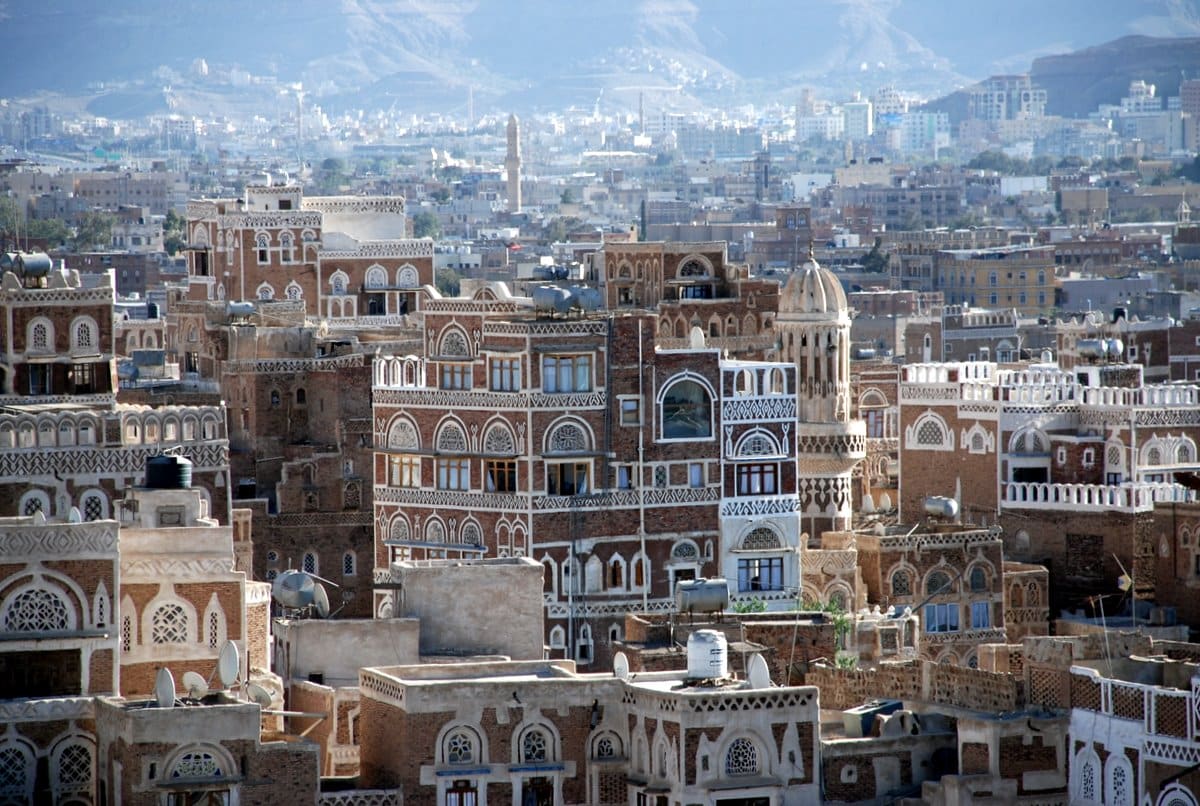The US Treasury Department has announced new sanctions targeting a “key” financial network for Yemen’s Houthis, claiming it has supported the group in its years-long war against the US-backed Saudi coalition.
The department said Sa’id al-Jamal, allegedly an “Iran-based Houthi financial supporter,” had helped to transfer “tens of millions of dollars to Yemen via a complex international network of intermediaries in support of the Houthis’ attacks.” A number of affiliated businesses and individuals in places ranging from the UAE to Sweden were also penalized.
The sanctions “fall short of the tougher measures that the Saudis and Emiratis, key strategic partners of the US, had sought from the Biden administration,” US state media outlet Voice of America reported, referring to recent talks in the White House on whether to reinstate the Houthis to the Foreign Terror Organization list.
Though the Houthis – officially known as Ansarallah – were previously placed on the FTO under the Donald Trump administration, Joe Biden reversed the decision last year in “recognition of the dire humanitarian situation in Yemen.” Major Houthi leaders remain sanctioned, however.
Humanitarian groups and the UN have repeatedly warned that an FTO designation for Ansarallah would effectively criminalize international aid to Yemen, whose civilian population has already been devastated by Saudi Arabia’s brutal seven-year bombing campaign.
Saudi Arabia and the UAE have lobbied hard for the designation, and have reportedly found a partner in the White House, with top Middle East foreign policy adviser Brett McGurk leading an effort to place the group on the terror blacklist. Other advocates of the move have cited a recent Houthi attack that killed three migrant workers in Dubai.
Though the Houthis have launched attacks beyond Yemen’s borders, often targeting Saudi energy assets, the US-Saudi-UAE coalition has inflicted a far greater toll throughout its lengthy air war. Coalition warplanes have pounded Yemeni cities for years, frequently striking civilian structures, farms, bridges, roadways, hospitals and schools (and school buses full of children). More recent atrocities include the slaughter of 91 people at a migrant detention facility last month, while a strike on a telecoms hub one week earlier reportedly killed three children playing soccer nearby.
The Biden administration recently condemned a Houthi operation that injured 12 in Saudi Arabia as a “terrorist attack,” but was silent as Saudi airstrikes killed 139 civilians in January alone, the most in a single month since 2016. A minimum of 400,000 people have been killed throughout the conflict to date.
At least for now, Biden’s decision to keep the Houthis off the FTO will delay the worst-case scenarios predicted by international bodies. However, the president has failed to come through on his repeated vows to bring an end to the conflict. Short of withdrawing the crucial American support for the Saudi war effort, the slow death of Yemen will continue.





























